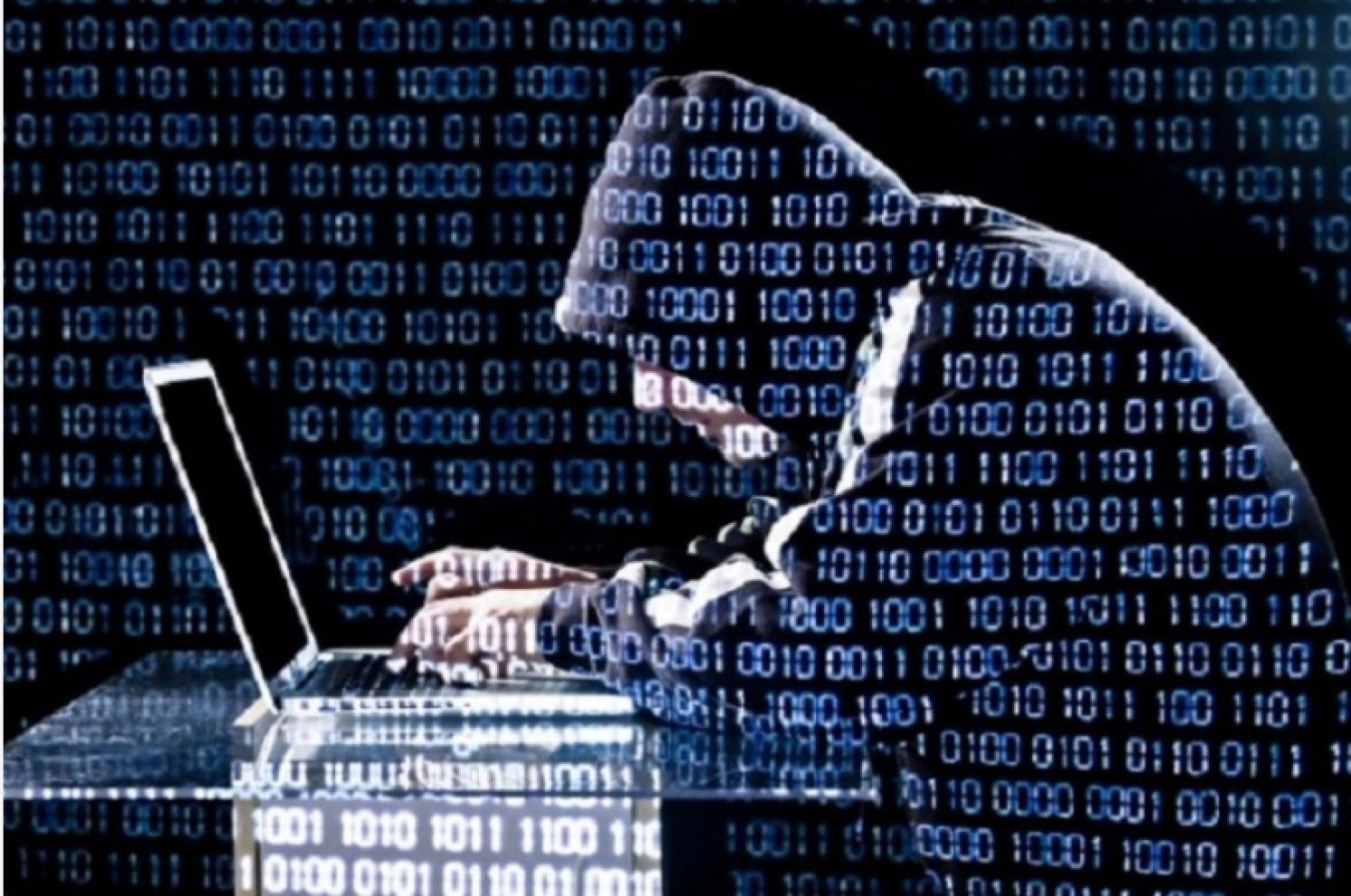
Bring an End to the Cyber-Army Chaos
United Daily News, December 3, 2021
After Legislator Kao Chia-yu was domestically abused by her boyfriend, it brought back out the issue of Internet armies twisting narratives. Previously, there was Yang Hui-Ju, who directed internet netizens to attack a diplomat. Later, there was Vice President William Lai, who was bullied by Internet netizens of the ruling Democratic Progressive Party (DPP). Now, they also won’t let a legislator from their own party off the hook, which brings out the internal conflicts with the DPP. In addition to conveying her condolences to Ms. Kao and expressing concern for the legislator's personal safety, President Tsai ought to order the prosecution to investigate judiciously and party members to exercise self-control to put an end to this sort of chaos.
In 2018, Yang Hui-ju directed the internet army to attack diplomat Su Chi-cheng, director-general of the Osaka branch of the Taipei Economic Representative Office in Japan. Su could not withstand the attacks and committed suicide. Prosecutors made investigations and strong prosecutions. Yang and another Internet army with the surname Tsai, were each sentenced to six months imprisonment, and may be fined.
During the U.S. presidential election in 2020, it was suspected that there was Russian internet armies that may have intervened. Vice President William Lai was also attacked by the internet army of the DPP while participating in the DPP’s presidential primary election. The chaos of cyber-armies has existed for a long time, and the fact that political parties, and even government agencies have internet armies is a well-known fact for netizens, but the ruling party has continued to let this chaos exist. After Kao's incident, the internet army has continued to mislead narratives and act negatively.
Kao accused Raphael Lin of threatening her, saying that if she did not follow his orders, he would launch the internet army to spread rumors. Even a legislator can be so afraid of Internet armies. This shows that the phenomenon of internet armies influencing the country cannot be ignored.
In fact, internet army companies are like how scamming companies work. Their offices need to change locations often to avoid fixed IP locations. The most basic internet army companies usually set up around 20 computers, and staff will instruct the internet army to post messages that will lead certain narratives. In every election, the head of the cyber military (company owner) negotiates the price of cases with politicians. The charge can range from tens of thousands to millions of dollars, all based on the scale of the attack. Internet army companies have already formed a certain industrial scale.
The cyber-army chaos is becoming more and more serious. President Tsai should lead the way in stopping this phenomenon. In addition to strictly ordering government agencies to not have any internet armies, she should also require DPP party members to not use the internet to attack opponents or use the Internet to spread false information or twist narratives. Otherwise, the party would take back their nomination. At the same time, she should order and support the prosecutorial and police investigation units. Regardless of their party affiliation, these internet armies who disrupt the society and influence politics should be called out.
The great thing about the Internet is that user can express their opinions freely. However, if used incorrectly, it can become a tool cyber bullying and even a violent seize of power. Although freedom of speech on the internet should not be excessively interfered, the already warped internet army culture must be stopped by netizens. The society must form a consensus to urge the government to propose needed measures. The ruling and opposition parties should abandon the operation of the internet armies, which would benefit the country.